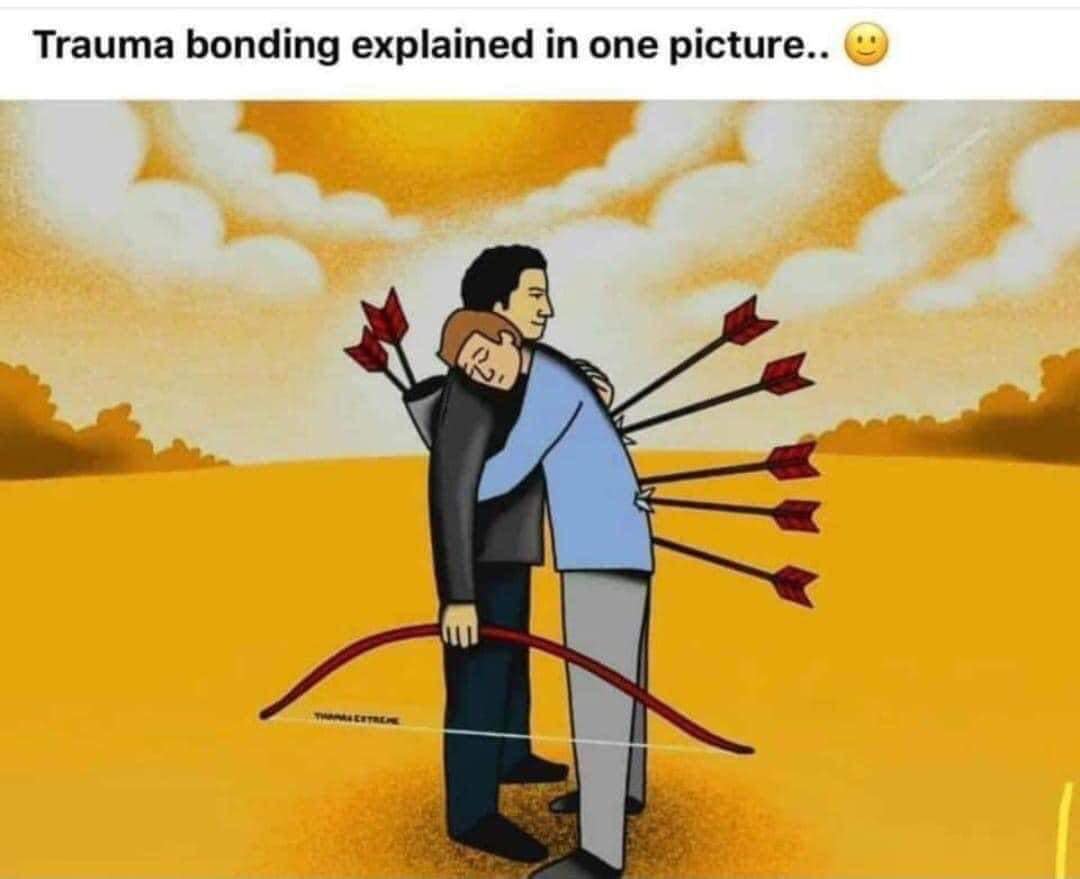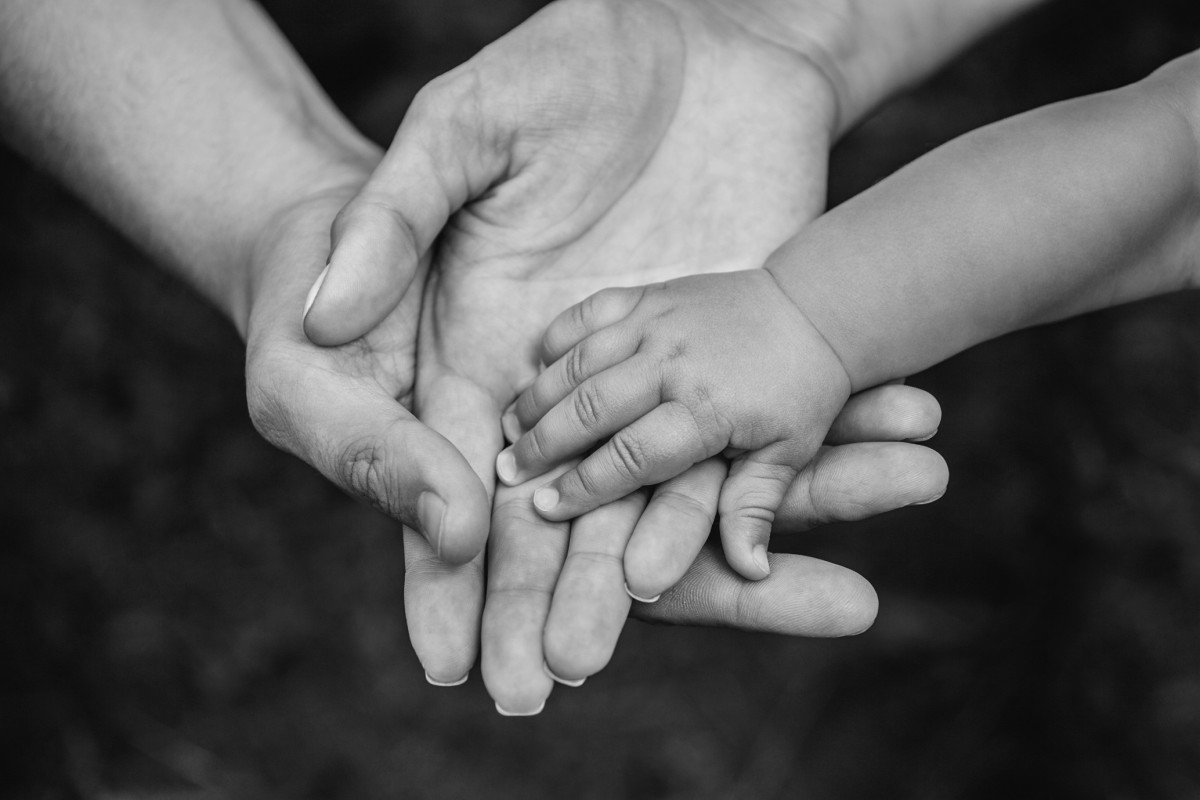

Trauma bonding is when we feel a deep connection to a person who is both harming and rescuing us at the same time.
Trauma bonding is a term that is heard a lot in different contexts, but what is trauma bonding and how do we know if we are trauma bonded to someone?
To understand trauma bonding, it's essential to understand our nervous system. Simply put, our nervous system interlinks all aspects of our being—physical, emotional, and psychological. It is designed to differentiate between safe and unsafe situations. When a loved one assumes both the roles of abuser and rescuer, our brain and nervous system struggle to distinguish who is safe and who is not.
Trauma bonding is when we feel a deep connection, to a person who is both harming and rescuing us at the same time.
Trauma bonding forms when a bond develops through repeated abuse in relationships, whether romantic, familial, or professional, interspersed with moments of kindness or rescue. Individuals with narcissistic or toxic traits may use trauma bonding to prevent their partners, children, or colleagues from leaving the relationship. The release of dopamine, the "happy hormone," during positive interactions can become addictive, making it challenging to leave a toxic relationship that involves trauma bonding. The addiction to sporadic positive reinforcement serves to mask the abuse that is frequently meted out.
Trauma bonding often develops in childhood with a parent or caregiver and is carried through to adult relationships.
Psychologically, it is possible to perceive a relationship characterised by trauma bonding as "normal," leading to a continuation of this pattern into various relational contexts throughout adulthood. Trauma bonding can occur in any relational setting, including one-on-one dynamics such as parent-child or romantic relationships. It is also important to recognise that trauma bonding can also take place within group and organisational contexts, including churches, workplaces, and community groups.
Recovering from trauma bonding can be an extensive process, yet it is achievable and immensely rewarding. As a counselor and neurotherapist, witnessing clients liberate themselves from the grip of trauma bonds is the essence of my work. It is an honor to walk the journey and work with strategies and therapies that create release and empowerment. If you are struggling with trauma bonding, consider scheduling a session today—you deserve it!
MelinaJBW
GCAppNeuro, BAAppSS, AdDipMang DipSSCoun
Dutton, D. G., & Painter, S. (1993). Emotional attachments in abusive relationships: A test of traumatic bonding theory. Violence and Victims, 8(2), 105–120. https://doi.org/10.1891/0886-6...
Olff, M. (2012). Bonding after trauma: On the role of social support and the oxytocin system in traumatic stress. European Journal of Psychotraumatology, 3(1). https://doi.org/10.3402/ejpt.v...
Clayton, I. (n.d.). What is trauma-bonding?. Psychology Today. https://www.psychologytoday.co...






